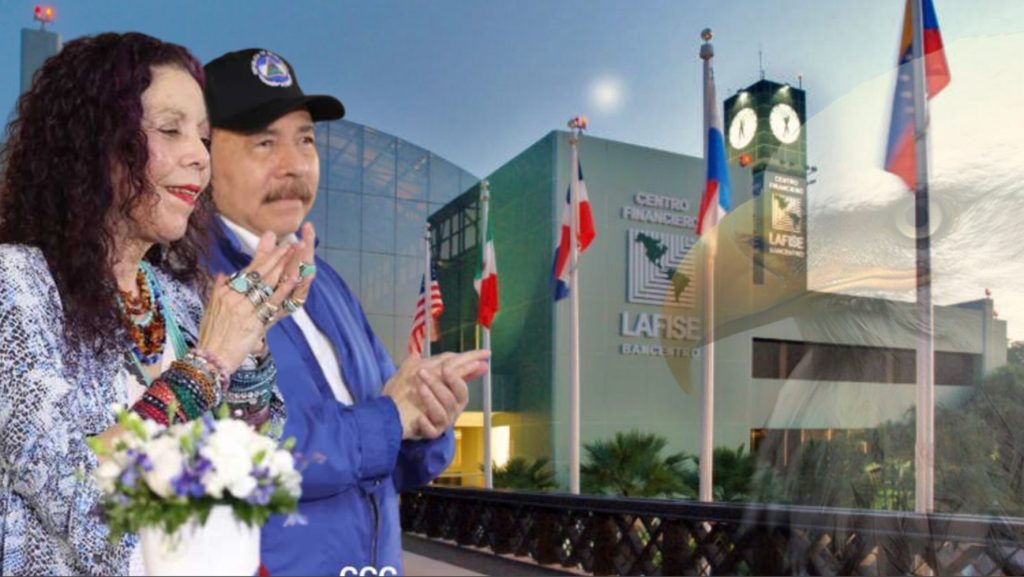At his first summit of Mercosur presidents that will take place this week in Montevideo, President Javier Milei will bring a concrete proposal from Argentina to promote a more flexible bloc, with fewer bureaucratic obstacles, openness and aimed at moving forward once and for all with trade agreements. delayed free trade like that of the European Union.
Milei will arrive in Montevideo on December 6 accompanied by Foreign Minister Gerardo Werthein and his counterpart Luis Lacalle Pou from Uruguay will hand over the post of pro tempore presidency to him. As the new temporary head of Mercosur, Argentina wants to implement new rules of the game, it will establish its liberal position on the economy, it will stop the entry of Bolivia and it will advance with an agenda that seeks greater competitiveness in trade.
In the written report that the Chief of Staff, Guillermo Francos, delivered last Wednesday to the Senate on the progress of the government, it was mentioned that “it is incorrect to speak of an unrestricted opening” of Mercosur because Argentina maintains the Common External Tariff of the bloc. But he highlighted that “the import substitution policy that the country had in the last decade brought with it a loss of competitiveness, technological backwardness, and a drop in productivity.”
Both the Foreign Ministry and the Ministries of Economy and Deregulation made it clear to Congress that Argentina will seek as president pro tempore of Mercosur the “mission of promoting the competitiveness of all productive sectors by eliminating bureaucratic, regulatory and administrative measures that restrict free competition or generate unnecessary costs for companies.
In the Casa Rosada they assure that Milei will bring “disruptive” proposals and proposals for greater flexibility for the bloc to the summit of Mercosur presidents. Until now this idea fit with the liberal model of Uruguay with Luis Lacalle Pou, but since the arrival of the elected Uruguayan president of the Frente Amplio, Yamandú Orsi, the issue will change.
Milei will face the next Uruguayan left and Lula Da Silva’s Brazil. Given the new regional context and Milei’s proposals, friction is expected in Mercosur. In the roadmap that the Government advanced in the written report of the Chief of Staff for the immediate future of Mercosur, some points were established: The search for the conclusion of the negotiations with the European Union that “will mark a before and after in the international insertion of our bloc, creating an economic space of 800 million people and a change in the internal dynamics of Mercosur.”
Argentina is optimistic about the final signing of an agreement in Montevideo next week. The Argentine government will propose a scheme to make Mercosur’s external negotiation modalities more flexible that “will allow the revitalization of Mercosur’s external negotiations, opening the door to many partners who are waiting for an agreement with our bloc, such as the Dominican Republic, El Salvador, Panama, Vietnam , Indonesia and others,” they said.















